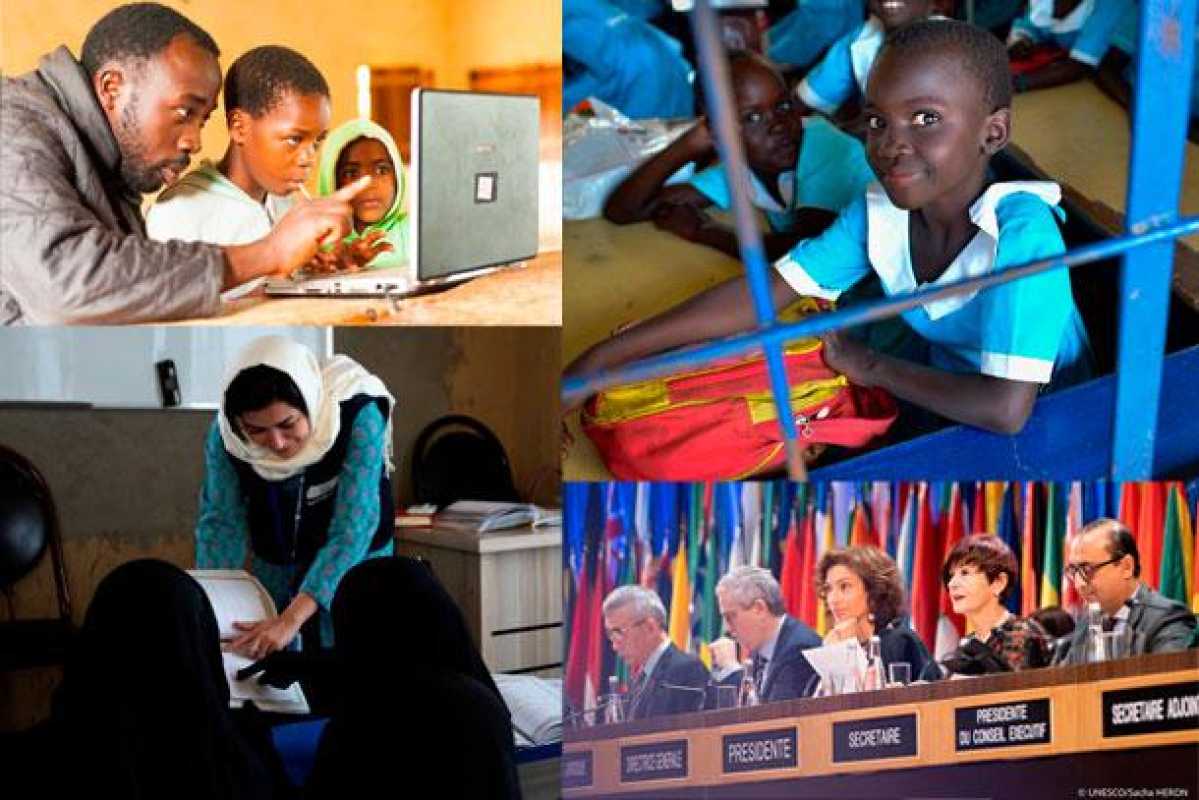Education
African Governments and Partners Commit to Transforming Education for Lasting Peace

In Dakar, Harare, Nairobi, and Yaoundé, African governments and partners marked this year’s International Day of Education by reaffirming their commitment to providing universal access to quality education for every child. The focus of the day was on Learning for Lasting Peace, emphasizing the crucial role of education in fostering inclusive and participatory governance.
The Transforming Education Summit held recently saw African governments demonstrating leadership and discussing solutions to achieve the Sustainable Development Goal (SDG) 4 on education. They reiterated their commitment to education as a basic human right.
However, despite the progress made in the past decades, challenges remain in achieving SDG 4. According to the UNESCO Global Education Monitoring Report, about 29% of school-age children in Africa are still out of school. Disturbingly, between 2015 and 2021, the out-of-school population in sub-Saharan Africa increased by 12 million, reaching alarming levels. Additionally, it is concerning that 9 out of 10 children in sub-Saharan Africa cannot read and understand a simple text by the age of 10.
In light of the above, governments and partners were urged to keep education at the top of the political agenda and prioritize equitable domestic public financing for education. Investing in education is crucial for reducing disparities among learners, aiming for universal coverage, and building peaceful and sustainable societies.
The African Union has designated 2024 as the Year of Education, providing an opportunity to accelerate progress towards achieving SDG 4. The goal is to translate the high-level commitments made at the Transforming Education Summit into concrete actions that equip African learners with essential skills, values, attitudes, and knowledge for their future.
In order to achieve this, governments and partners must rally various stakeholders from different sectors to create a movement towards a more robust 21st-century education. Young people should be at the center of this movement.
Overall, this comprehensive call for action highlights the urgency and importance of collaborative efforts to transform education, making it inclusive, peace-oriented, and resilient for the challenges of the 21st century. The aim is to create a future where education becomes the cornerstone of lasting peace and progress.












